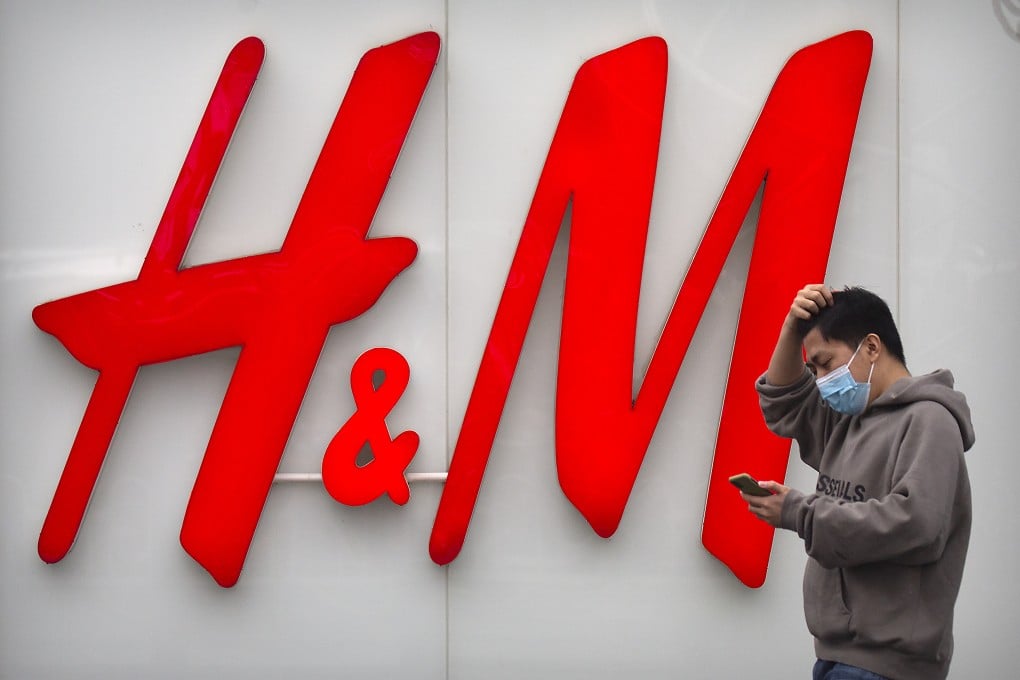As I see it | Is China in danger of losing control of its rising nationalism?
- After years of Beijing’s encouragement of patriotic sentiment, online protests against international brands are no surprise
- But there is a risk that it may go off track, with domestic nationalism potentially having an impact on foreign policy

About eight years ago, my colleagues and I were baffled when anti-Japanese protests in Guangzhou, Shenzhen and Qingdao turned into violent clashes with police as Japanese restaurants and cars were vandalised.
Since then, although Beijing has continued to cultivate nationalism in schools and the media, its expression has been strictly restricted to the online community.

The Chinese government might be right in saying it had no organising role in the subsequent social media boycott of international brands which shun Xinjiang cotton – the fuel was already there and it only took a spark to ignite a fire.
But offline, protests are not allowed. A video posted by Fang Shimin, a Chinese influencer, showed a woman holding a protest sign outside an H&M store being stopped by security guards.
